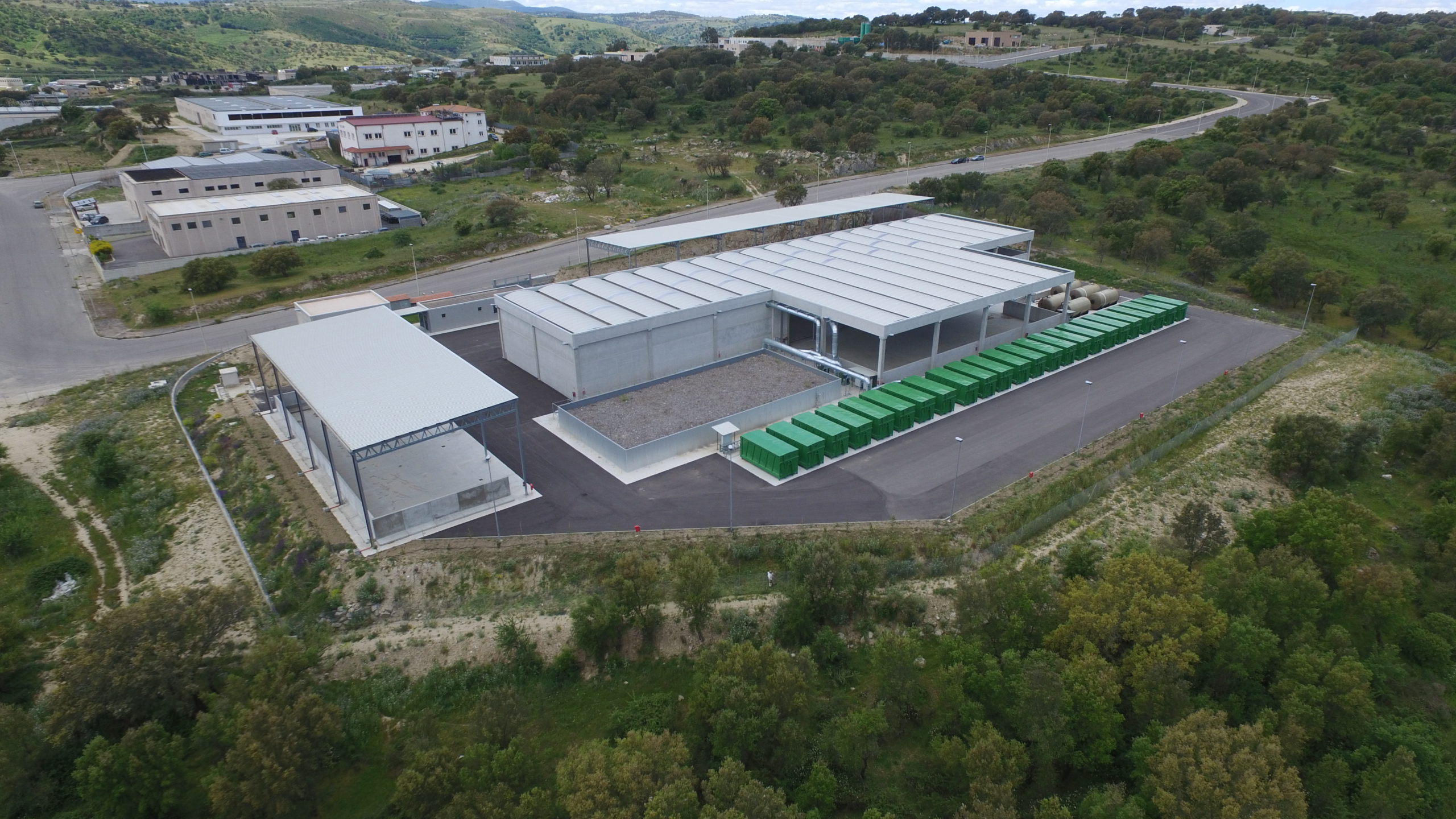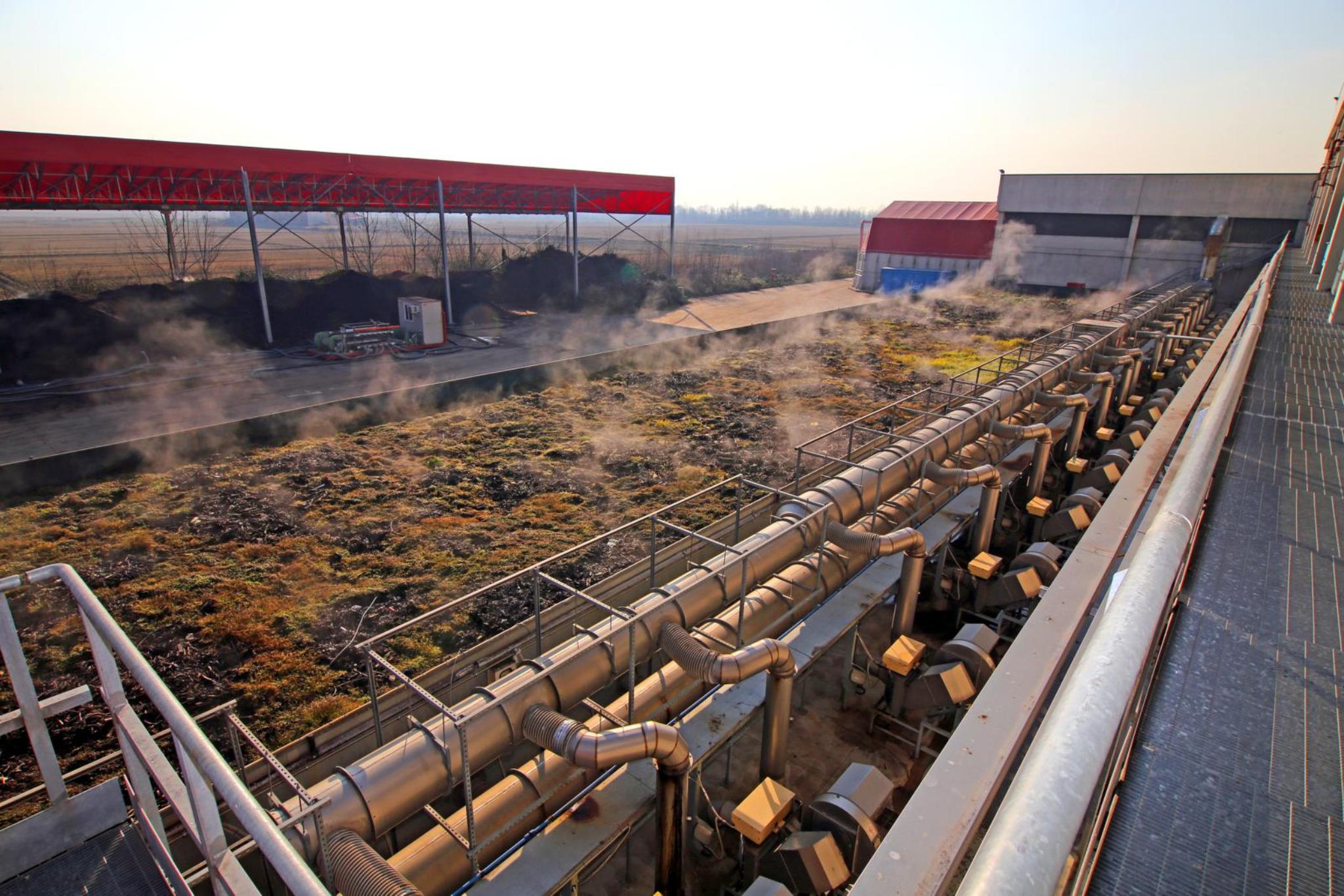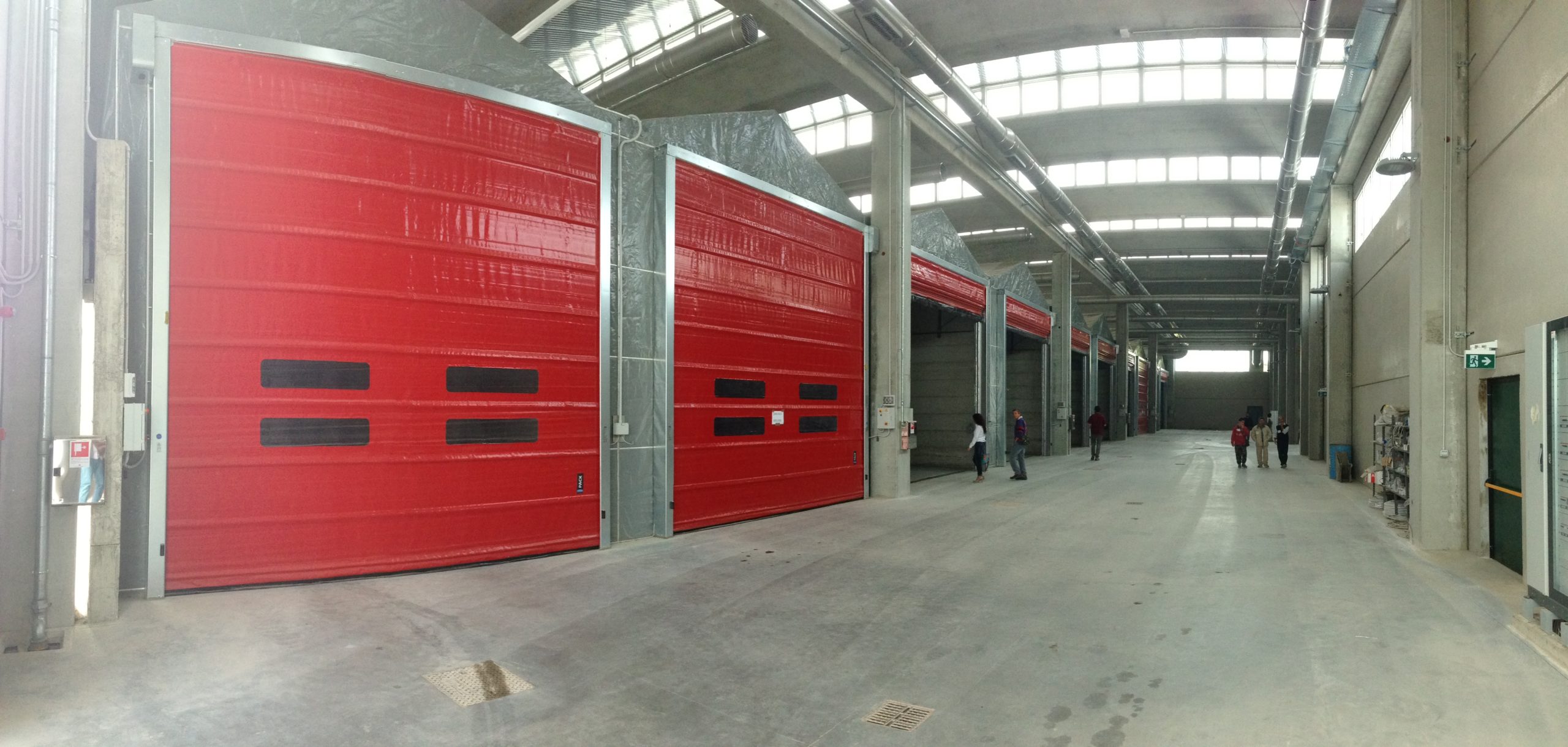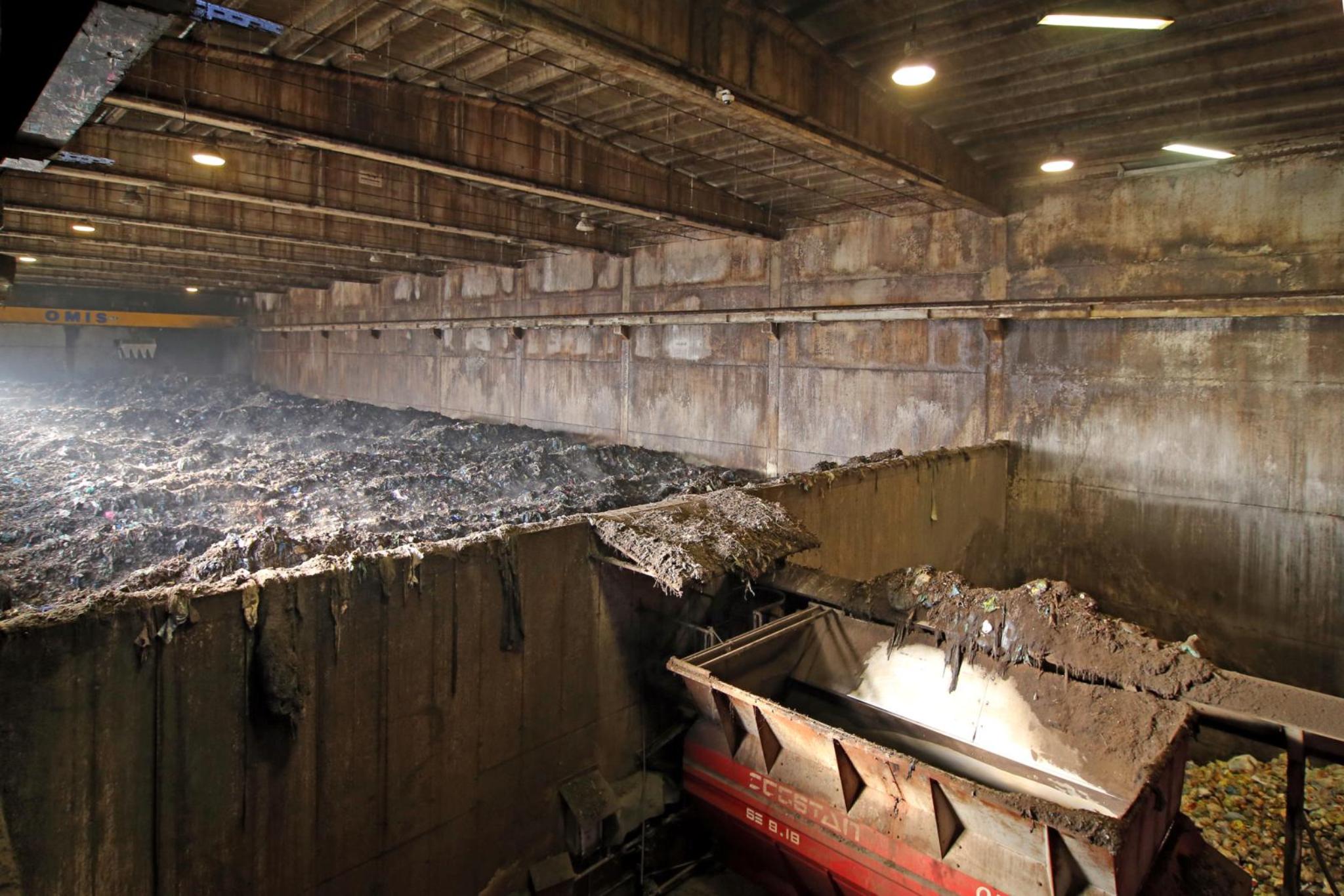FEATURES
The keystone for a good composting is the separate collection of organic waste (i.e. kitchen waste, catering waste, industrial scraps etc.) from which it is possible to produce a high quality compost, suitable for agriculture and floriculture.
The composting process takes place essentially in two phases:
- the Active phase, also known as active composting time, where the aerobic oxidation happens and most of the organic carbon is turned into mineral carbon.
- the Curing phase, when the product completes its humidification to the final stable and odorless state suitable for use.
PRINCIPLES
The composting process is based on the H.E.BIO.T.TM process (High Efficiency Biological System), an highly efficient and highly automated biological treatment system that leverages 20 years of successful industrial operations and a continuous effort in research and development.
The key principles on which Entsorga’s composting process is based are:
• forced and controlled aeration of the feedstock, to accelerate the aerobic fermentation
• 24/7 automatic process control (on site and remotely)
• contained reaction in enclosed structures kept at slightly lower than ambient pressure
• odor cleaning thanks to a well proven natural bio-filter (more than 99% efficiency in odor abatement)
• continuous data monitoring and process management, to increase the reliability of the process
AN EFFICIENT BUSINESS SOLUTION
By integrating low consumption and high process automation, Entsorga’s composting guarantees:
• innovation applied on an industrial scale
• reliability and lower labor costs
• reduced energy consumption
• ease of use and simplicity of maintenance
TREATMENT’S ADVANTAGES FOR THE ENVIRONMENT
Composting is accessible, easy to implement and generates many benefits:
• it avoids methane emission from waste, contributing in a tangible manner to limiting climate change
• it is one fundamental solution to reach zero landfills
• it contributes towards agriculture sustainability, making it possible to reduce the use of chemical fertilizers, to improve the soil quality, to reduce the energy required for cultivations, improving water retention and soil structure
• it limits operators’ exposure to foul air, dust and possible pollutants. Improves working conditions wherever possible, increase H&S standards.
Integrated with anaerobic digestion treatment, its natural complement, composting represents the most efficient solution to recycle organic waste and transform it into new material and clean energy.
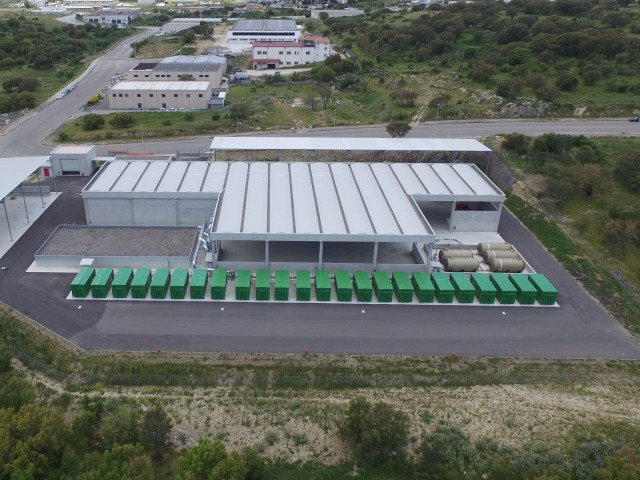
Nuoro composting plant
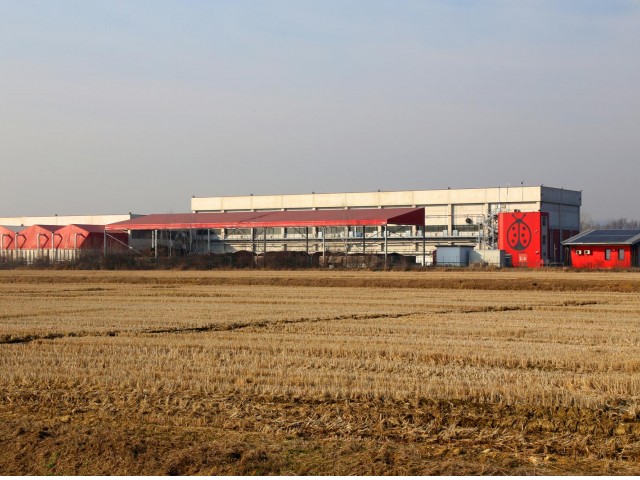
Santhià composting plant

